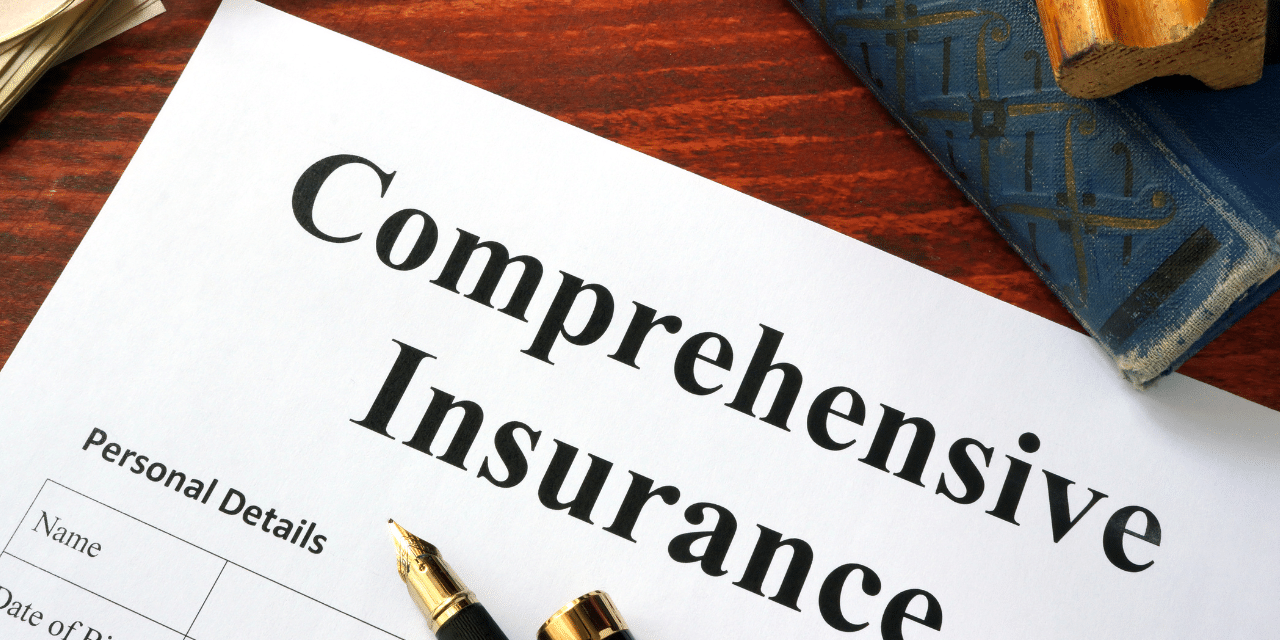What is Comprehensive Insurance and Why You Need it?
Understanding Comprehensive Insurance
Comprehensive insurance is a type of coverage that helps protect you from a variety of risks that standard insurance policies do not cover. We’ll explore what comprehensive insurance is, what it covers, and why you should consider adding it to your insurance policy.
What is Comprehensive Insurance?
First, comprehensive insurance protects you from damages caused by events that are not related to collisions, such as theft, fire, vandalism, or natural disasters. Carriers usually include it in full coverage auto insurance policies. It is available as a standalone policy for other types of insurance. Moreover, having anti-theft and tracking devices on your car can make this coverage more affordable.
Why Do You Need It?
Lastly, comprehensive insurance is crucial because it helps protect you from unexpected events that could result in significant financial loss. If you do not have comprehensive coverage, you would be responsible for paying for damages out of your pocket. Adding comprehensive coverage to your policy can give you peace of mind knowing that you’re protected against a wide range of risks. Therefore, it’s essential to consider adding comprehensive coverage to your policy.
If you need to file a Comprehensive Insurance claim, here are some steps you should follow:
- Contact your insurance provider: Call your insurance provider as soon as possible to report the claim. Make sure to have your policy number and any relevant information, such as the date and location of the incident.
- Provide details: Give your insurance provider as much information as possible about the incident, including what happened, when it happened, and where it happened.
- Provide evidence: Provide any evidence that can help support your claim, such as photos or videos of the damage, receipts for repairs, or a police report.
- Cooperate with your insurer: Work closely with your insurance provider throughout the claims process. They may ask for additional information or documentation to support your claim.
- Get an estimate: Get an estimate for the cost of repairs or replacement from a reputable repair shop or service provider.
- Review the settlement offer: Once your insurance provider has reviewed your claim, they will provide a settlement offer. Review the offer carefully and ask questions if you have any concerns or issues.
- Accept or appeal the settlement: If you agree to the settlement offer, you can accept it and move forward with the repair or replacement process. If you don’t agree with the offer, you can appeal the decision or seek legal advice.
Home Insurance Car Insurance Motorcycle Insurance RV Insurance Boat Insurance Health Insurance Medicare Insurance








